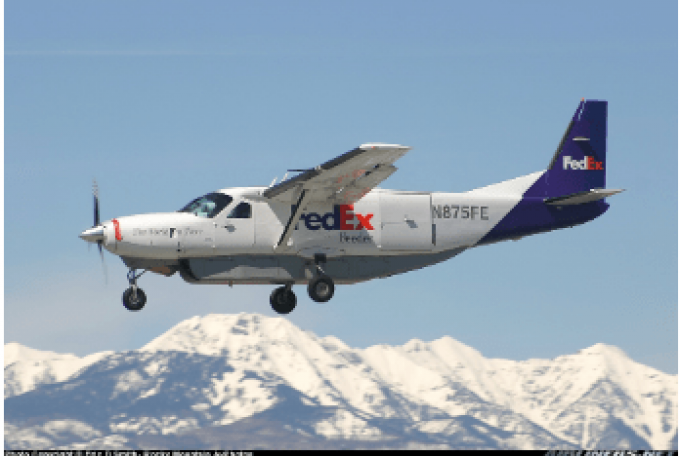Amazon Air’s metamorphosis: 'a different air cargo unit from two years ago'
Amazon Air is in a new stage of its development, characterised by moves to optimise ...

The fall-out from Covid-19 has created an almost baffling situation for regional cargo airlines – for the first time in years, they are not hamstrung by a dearth of pilots, after airlines slashed flying and grounded most of their flight crews.
“We no longer have a ...
Keep our news independent, by supporting The Loadstar
Explosions and 'out-of-control' fire reported on Wan Hai box ship
Red Sea crisis has driven most new capacity into extended Asia-Europe trades
Carrier price hikes hold, driving spot rates higher as space gets scarcer
Four crew members still missing as Wan Hai 503 continues to burn
Crew forced to abandon ship in latest fire on vessel carrying EVs
The Loadstar Podcast | Transport Logistic and Air Cargo Europe 2025
Asia-West Africa ULCV deployment opens new markets for carriers

Comment on this article